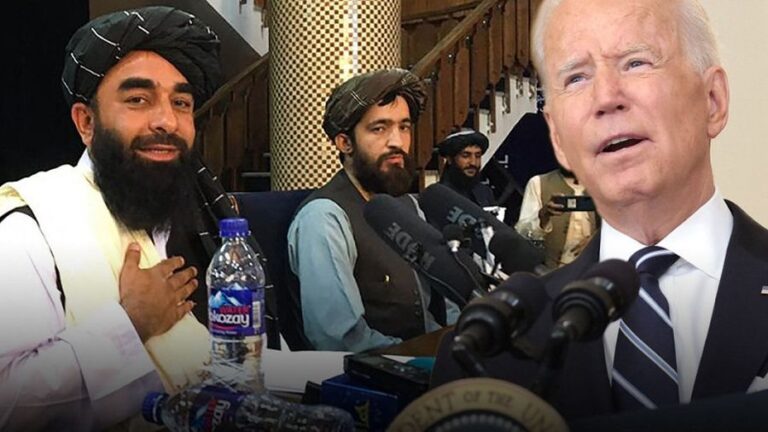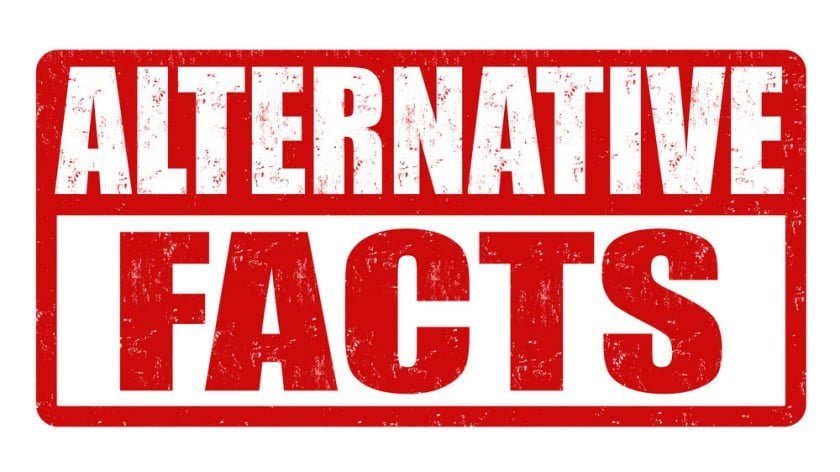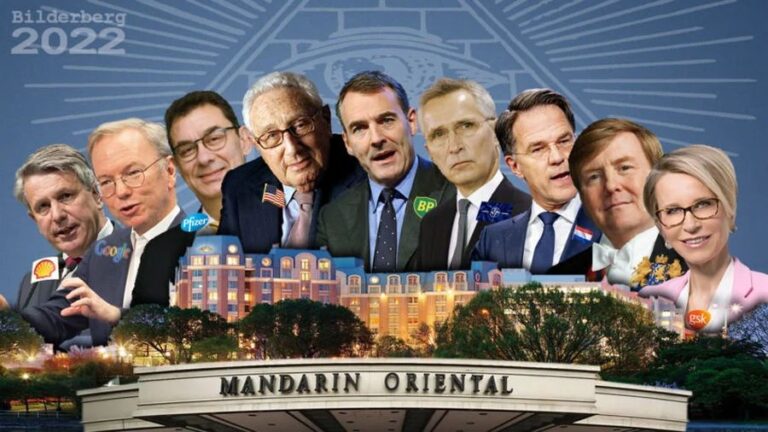Funding Corruption: Why the World is ‘Better Off’ Without Western Aid and NGOs
Around the world, Western aid is failing to fulfil its stated objectives. Nowhere is this more flagrant than Haiti, where despite billions flowing in to the ravaged country, little progress has been made since the 2010 earthquake. A former UN development expert has suggested the country – and others – may well fare better without.
In the immediate aftermath of the quake, US$5 billion was donated by the international community — but a large proportion never even got close to helping affected citizens and infrastructure in the country, as it was guzzled by covered operational costs — at least 10 percent was taken by the Haitian government as “budgetary support” and the rest absorbed by international humanitarian groups for uncertain purposes. In the end, not even one percent was taken by local NGOs.
Summing up the state of play in Haiti seven years on, Joel Boutroue, Deputy Special Representative of the Secretary General of the United Nations for the UN Stabilization Mission in Haiti between 2006 to 2009, was unambiguous — the country would be “better off” without aid. Noting Haiti has been described as an “NGO republic,” Boutroue added that NGOs operating in the country financed by international state donors pay very little heed to the Haitian state itself, marginalizing the government and weakening its power.
https://twitter.com/houseofgod1414/status/863526712163827712
Often, he said, this is because donors’ priorities are not aligned with recipient countries’ — this effect was highlighted in the World Bank’s 2017 report on governance and law, which highlighted how donors, often out of cynicism, tended to pursue short-term interests. Moreover, corrupt or inept governments are often happy to sit back and skim cash from donations, without undertaking vital reforms — the report also highlighted countries that receive the most aid made the least effort to conduct necessary improvements.
would #africa be better off with less #foreignaid? https://t.co/2hcAlW03j3 #intdev
— Delia Lloyd (@realdelia) April 26, 2017
The ineffectiveness of Western aid in achieving positive, lasting change is nowhere writ larger than Sub-Saharan Africa, which receives US$134 billion each year in loans, foreign investment and development aid from Western governments, yet remains one of the poorest, most corrupt regions on Earth. The answer behind Western aid’s seeming futility may lie in its motivations — for often, despite its humanitarian label, aid has an ulterior purpose, that often serves corporate or state interests.
Poultry Farmers in #Ghana:
Importation of chicken killing ushttps://t.co/iPHnx1sf5m#trade #IMF pic.twitter.com/78kUjXdEdV— BI at BothENDS (@bibothends) June 30, 2016
Many within the charity sector are wise to the political and commercial dimensions of Western aid — John Hilary, Executive Director of War on Want, produced a study documenting how the International Monetary Fund opened up the Ghanaian poultry market to international exploitation — and subsequent collapse. This is but one example — aid has been used to exert control and influence by governments and corporations alike perhaps as long as it has existed.
NGOs have also demonstrably been covert tools of regime change, under the aegis of “democracy promotion.” While NGOs, many of which are funded by shadowy billionaire “philanthropist” George Soros, have sought to subvert regimes in every corner of the world, since the fall of the Soviet Union much of this focus has been planted firmly in and around the Russian Federation. In 2005 for instance, the Soros Foundation launched its “Wider Europe” program, under which Belarus, Georgia, Moldova and Ukraine were targeted as future “partners” to the European Union, with the launch of facilitative educational, legal and political initiatives.
From 2014 (shortly after Yanukovych was ousted) : George Soros on setting up groups in the Ukraine pic.twitter.com/Ryoq7xzPt3
— Lee Stranahan ⏳ (@stranahan) May 28, 2017
In August 2016, the release by DC Leaks of almost 3,000 files from groups run by Soros exposed his intimate involvement in the 2014 coup that overthrew the democratically elected government of Viktor Yanukovych, manipulation of public opinion Europe in order to legitimize the illegal act.
“The emergence of a New Ukraine carries with it the opportunity to reinvigorate the European project. However, this is complicated by the reluctance of some EU actors to accept the revolution as democratic and the Ukrainian government as legitimate. These actors will be difficult to influence. For other groups and individuals, on the political left and across various social movements, one can detect confusion regarding the state of affairs in Ukraine,” a 2015 internal document published by the Open Society Initiative for Europe said.
In order to tackle this “issue” Soros’ organization implemented a series of initiatives aimed at shaping Western opinion regarding Ukrainian affairs. Its stated objectives were “[stimulating] debate and doubt in movements, parties and audiences” in Europe where a negative perception of the “transformation” of Ukraine was “very preponderant”; discredit the idea “the independence and integrity of Ukraine is an ideological cause of the Right”; influencing the way information about Ukraine is heard and perceived in Europe “especially among the group of doubters.”
Nonetheless, governments the world over are increasingly aware of the mephitic role played by NGOs. In March, it was revealed the US and European Union have earmarked tens of millions to be sent to NGOs in Belarus, including USAID. In response, President Alexander Lukashenko targeted Washington and Berlin in a vicious speech, stating the pair were attempting to “destroy” the country, and there would be “no Maidan” in Belarus, referencing the 2014 Ukrainian coup d’etat. Egypt and Hungary have also banned many foreign NGOs from operating within their borders. Minsk is evidently not alone in not wishing for a rerun of such events in their own country.
Source: Sputnik News







